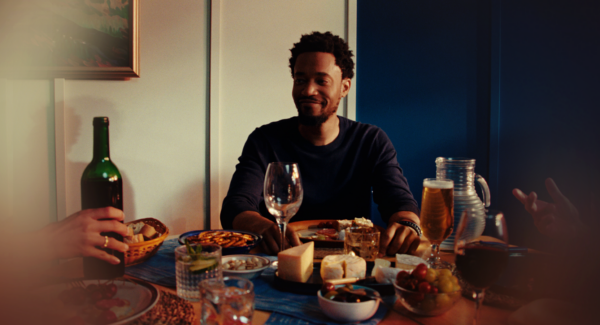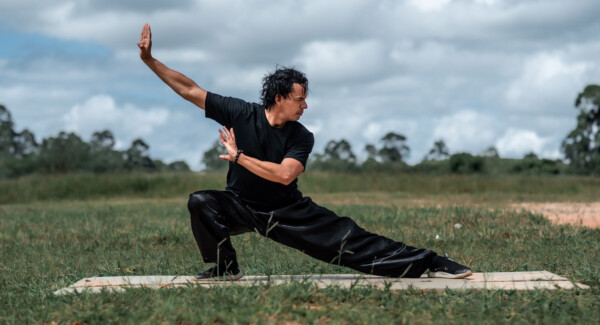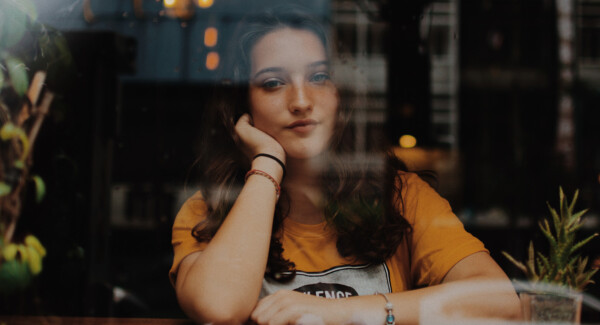Statistics Canada has just released their latest data on alcohol sales in Quebec and Canada1 and, according to Éduc’alcool’s analysis, three things stand out with regard to Quebec:
- It’s the province showing the greatest decline in volume per capita over the last year – down 0.3 litres of alcohol per capita.
- It ranks second among provinces where drinkers consume the least, with an annual average of 10.06 litres of alcohol per drinker.
- Alcohol use is back to 2009 levels.
Statistics Canada data are essential in painting a portrait of alcohol sales in Quebec and across Canada, but the statistics apply to the general population, not just to those who drink. To get a complete picture – one that is more accurate and more useful for education and prevention purposes – we must look at alcohol consumption among people who drink. And in that regard, even though Quebec ranks among the provinces with the highest alcohol sales, it drops down to second-to-last when the data is applied only to those who drink alcohol.
In fact, Quebec is the Canadian province in which alcohol sales per capita have declined the most over the last 12 months. In 2012, 8.6 litres were sold per capita in Quebec; in 2013, it was down to 8.3 litres. That’s back to 2009 sales. Nationally, for the third year in a row, Quebec ranks among the leading provinces in terms of volume per capita. The situation has remained unchanged since 2011: only Newfoundlanders, who purchased 9.4 litres per capita in 2013, and Albertans, who bought 9.3 litres, buy more alcohol than Quebecers.
However, the picture is very different when you consider alcohol sales per drinker. Quebec is now second among those who drink the least, with an average of 10.06 litres per drinker, compared to 10.42 litres the year before. Only drinkers in New Brunswick drink less (8.89 litres of alcohol per person). Nonetheless, caution is called for in interpreting this data, since it is based on a percentage of drinkers established in 2010, and that figure may have changed since then.
From 2012 to 2013, the volume of sales in litres of absolute alcohol per capita declined in all Canadian provinces except Ontario, Alberta and British Columbia, where it increased. Ontario saw the greatest increase in volume per capita and per drinker. In Ontario, the sales volume rose by 0.3 litres per capita, while sales volume per drinker was up by 0.4 litres.





